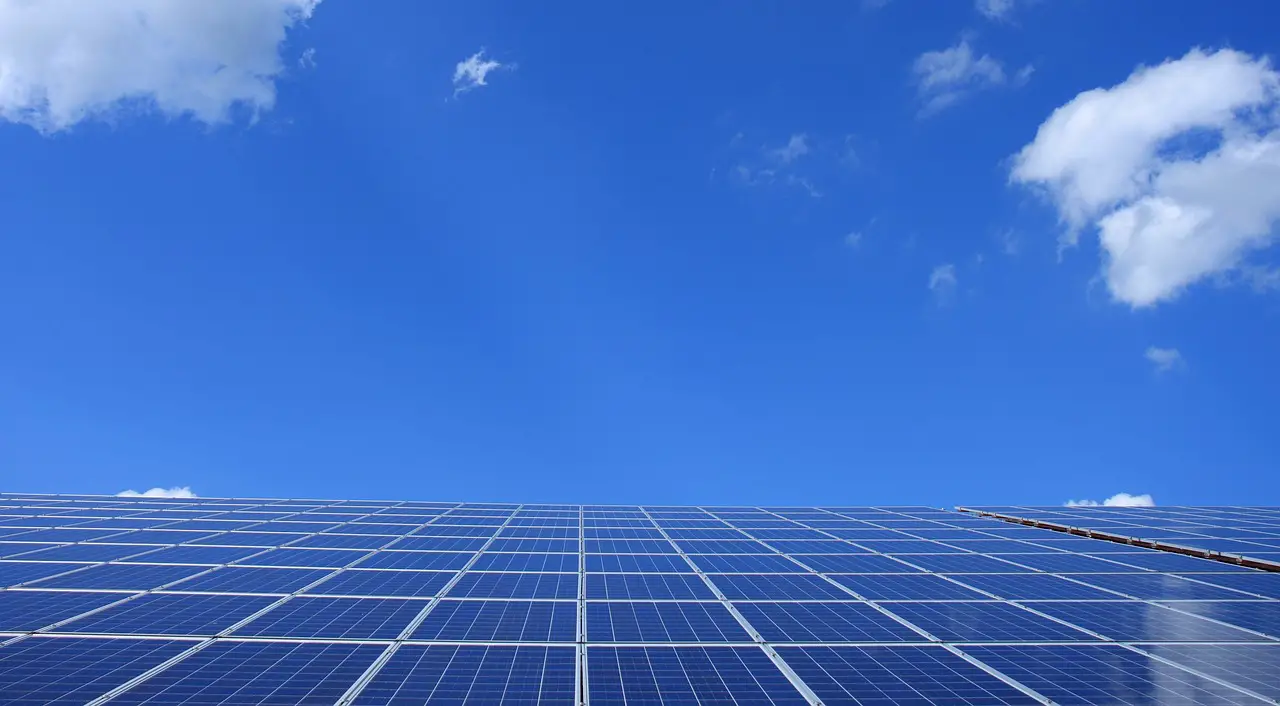Solar energy isn’t just good for the environment. There are obvious economic advantages to switching to solar energy over conventional fossil fuels. Governments, academics, and charity think tanks have all argued in favor of boosting the use of solar energy and other renewable energy sources as a solution to the world’s energy issues.
The ability to decide where your energy comes from is more crucial than ever in the modern world. Let’s discuss the top five reasons why tens of thousands of Texans are switching to solar energy to power their homes and boost the local economy.
1. Solar Energy Diversifies the U.S. Energy Mix
The energy sector discussion on energy diversification is extensive. When a nation, state, or electric grid diversifies its sources of energy, it does so on purpose. Examples of these sources include:
- Solar
- Wind
- Geothermal
- Gas
- Coal
- Oil
Almost all industry insiders in the energy sector concur that diversity increases the stability of our energy infrastructure. Diverse means of generating power shield consumers from price increases and lessen the likelihood of a genuine energy crisis due to a natural disaster or if one energy source fails.
Regarding solar, the U.S. presently has 85 GW of power, or enough solar capacity to power 16.1 million households!
Solar still has a LONG way to go before it achieves true dominance. As of 2019, solar power accounted for just 1.7% of all utility-scale electricity in the United States.
What does the future hold for solar? According to estimates from the U.S. Energy Information Administration, solar power would increase by 12.8 GW in 2020 and 14 GW in 2021. And we’re confident that it will only expand, making it even more accessible!
2. Solar Energy Creates Jobs
Clean energy does, in fact, lead to employment creation. More than 500,000 jobs in America are supported by renewable energy, according to the 2020 Clean Jobs America report from the independent organization E2. About 345,000 of those employment are supported by solar.
Furthermore, 40% of the nation’s whole energy workforce is employed in the field of clean energy, of which renewable energy is a part.
This represents 40% of all energy jobs. And if the Energy Information Administration’s predictions come true, that percentage will continue to increase.
3. Sunlight Is Free
The fact that sunlight is free and will never run out, at least not for the next 5 billion years, doesn’t require the use of a rocket scientist to understand. When you contrast that with fossil fuels, it becomes clear why solar energy is a sensible investment.
Sunlight is unrestricted and cost-free.
Fossil fuel supplies are finite and might run out within our lifetimes.
There are no greenhouse gas emissions from solar energy.
Unprecedented climate change is being caused by fossil fuels.
The price of solar systems has fallen by more than 70% just in the last ten years. In fact, the Solar Energy Industries Association reports that prices are at their lowest points ever as of Q2 2020.
4. Global Warming Costs A Lot
The Intergovernmental Panel on Climate Change, a committee of the UN that evaluates climate change research, came to the conclusion in 2018 that we must drastically reduce greenhouse gas emissions by the year 2050 to avoid catastrophic change in our way of life. This encompasses the global financial system.
The 2018 special report states:
According to estimates, each 1°C increase in temperature will cost the US economy an average of 1.2% of GDP annually.
In comparison to 1961–1990, the mean net present value of the costs of warming-related damages in 2100 for 1.5°C and 2°C is $54 trillion and $69 trillion, respectively.
There are alternatives that don’t cause damage in the trillions of dollars. Switching to greener energy sources like solar is one aspect of the comprehensive solution. Solar energy is a step in the right direction, but it is not a panacea for climate change.
5. Using Solar Energy Can Reduce Your Electricity Costs
Fossil fuels will become more expensive over time as renewables continue to become more affordable, as we’ve described in a recent essay comparing renewable energy to fossil fuels.
What does that mean for your power bill and you? Solar energy is currently equally as inexpensive as fossil fuels, if not more so. The difference between the two will widen with time. There is no better moment than the present to join millions of your fellow Americans in the energy transition.








